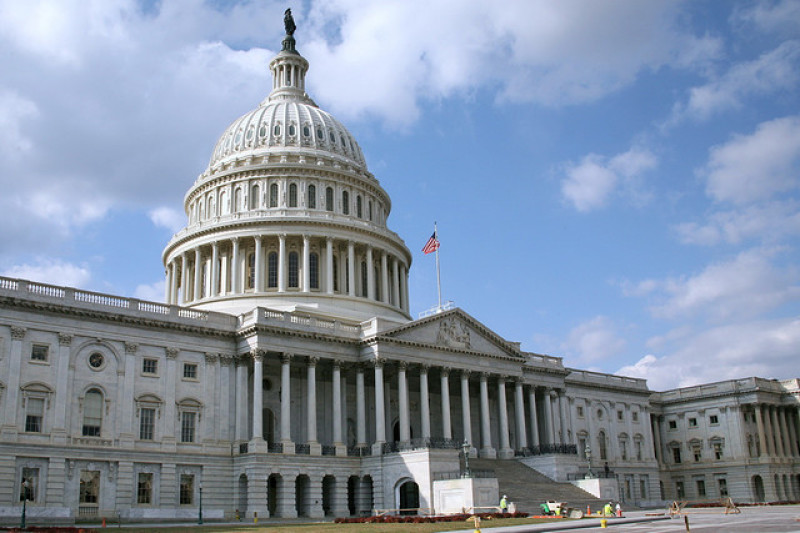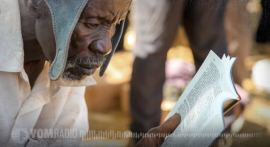
Most members of the 115th Congress identify themselves as Christian, according to a new Pew Research Center study released on Tuesday.
The study showed that almost 91 percent (90.7 percent) of the 115th Congress identify themselves as Christians. The percentage is slightly lower than that of the 114th Congress, in which almost 92 percent (91.8 percent) identified themselves as Christian.
Most of the Republicans in Congress identify themselves as Christians. Only two Republicans do not, and instead identify themselves as Jewish. Among the Democratic members of Congress, 80 percent identify as Christian. Others identify themselves as Buddhist, Hindu, and Muslim. One member identifies as Unitarian Universalist, and one member identifies as religiously unaffiliated.
One of the aspects of the study results that was noted by the researchers was the significantly high number of those identifying as Christian in Congress despite their recent studies showing that those who identify as Christian in the general American population has been on the decline. In contrast, though Pew had found that 23 percent of Americans identify themselves as religiously unaffiliated in a separate study, that population is represented by only one member of Congress.
"What explains the difference? Why have the nones grown in the public, but not among Congress?" Greg Smith, associate director for research at Pew, told Religion News Service. "One possible explanation is people tell us they would rather vote for an elected representative who is religious than for one who is not religious."
Among those who identify as Christian, the number of Protestants in Congress has seen a decline over the decades, while the population of Catholic members of Congress has grown. About 56 percent of the 115th Congress identifies as Protestant, a decline from 75 percent who did so in the 87th Congress in 1961. Meanwhile, Catholics make up some 31 percent of the new Congress, an increase from 19 percent in 1961.

















